Social media bringing the beauty industry over $600 billion in revenue
The more we scroll on social media, the harder we find it to stop spending. Now, experts have lifted the lid on what’s happening in our brains.
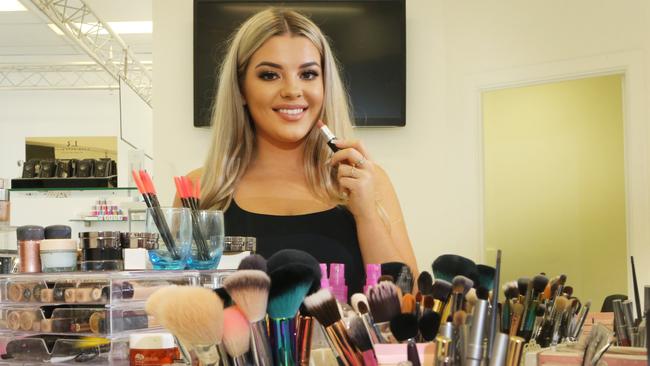
Since the introduction of social media, influencers have caught our attention through videos, images, words and actions. Their ability to cater for their intended audience has seen many gain large followings and vast amounts of wealth.
A large proportion of social media and social media influencer content is taken up by beauty — making up a marketing boom worth over $600 billion globally. ‘Get ready with me’ videos or product placement photos all contribute to the promotion machine.
The more a product is influenced, the more likely it is to spread and eventually become ‘trending’.
Often when a product begins to ‘trend’, stores will sell out as consumers fight to get their hands on the item.
This then begs the question, just how much are beauty influencers influencing us to purchase products?
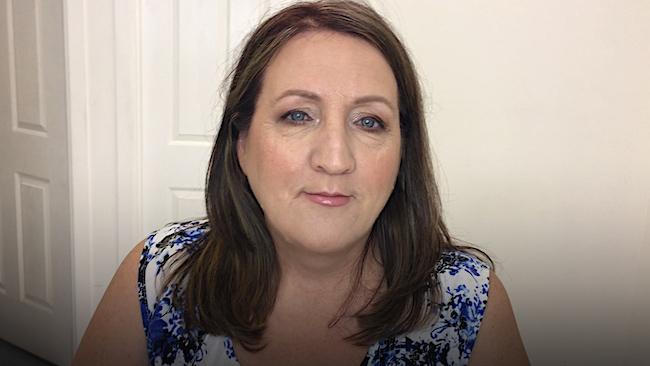
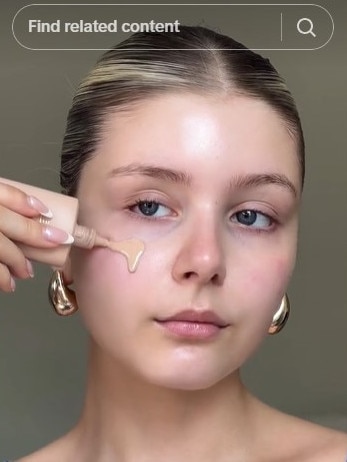
A thesis looking at consumer purchases and beauty influencers found the widespread use of social media platforms has aided in digital marketing. It found beauty influencers created a type of ‘word of mouth’ advertising that celebrities and other advertisers could not reproduce.
The report also looked at the marketing effects on influencer audiences. It found brands were more likely to use influencers to promote products as it is more profitable and costs less than what would be spent on advertisements.
Using a survey group of 200 they found 66 per cent or 133 people said they bought or recommended a product they had seen previously promoted by a beauty influencer. Seventy-seven per cent also admitted to following a beauty influencer on social media.
Dr Tony Cooper, a lecturer from RMIT university and an active researcher in the field of marketing technology, software and platforms, said social media acts as a “visual conduit” for products to be marketed. Influencers assist in allowing social media to be this conduit.
“Users see their peers and others whose opinions they trust using and endorsing these products and this provides them with the confidence to purchase,” Dr Cooper said.
Beauty influencers can often advertise products in subtle ways that leave their audience unsuspecting.
Another academic thesis, which looked at the ‘Impact of social media marketing on customer’s purchasing intention in the cosmetic industry’, found social media has a large influence on decisions made when promoting and purchasing products.
The report references how social media provides the opportunity for companies to understand their clientele and looked at how people rely on social media reviews to dictate their purchases.
Dr Cooper said social media allows brands to advertise to large audiences “efficiently”.
“When done well, brands can stimulate the contagion effect to spread their communications virally to influence hard to reach markets,” he said.
He also told news.com.au: “Products that rely on a visual evaluation, such as fashion and beauty products, can be shown in their best light using video and photo sharing platforms such as Instagram, TikTok and YouTube”.
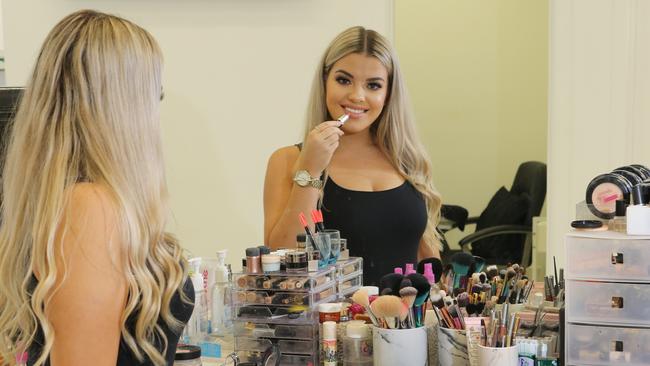
Therefore, by having influencers promote products on social media platforms they’re influencing us to buy products we may have never intended to buy.
However, because a believable source has promoted the product through visual evaluation, the product then becomes credible.
A psychology paper on ‘advertisements as secret seducers vs. consumer psychology’ discussed the ways companies advertise products, specifically looking at subliminal messages. Researchers found subliminal messages and celebrity endorsements create a connection between their intended audience and the brand.
These techniques are often mirrored in influencer endorsements. Products that are continually advertised often promote a sense of need and get their audience constantly thinking about them, thus creating a sense of connection.
“Users see their peers and others whose opinions they trust using and endorsing these products and this provides them with the confidence to purchase” Dr Cooper said. “The social networks add to the value equation for these buyers via this endorsement.”
So beauty influencers and social media play a role in what products we buy, but why are we paying so much as consumers?
For some these products help them feel great and if everyone else is buying them, they must be worth it, right?
Dr Cooper stressed that products, such as beauty products, can hold “symbolic value”.
“They have the ability to confer social status on the individual, but their consumption needs to be seen by others for this form of social validation to occur” Dr Cooper said.
‘Dupes’, the adequately named replicas of high end products, are key to obtaining the same results social media promotes, without breaking the bank.
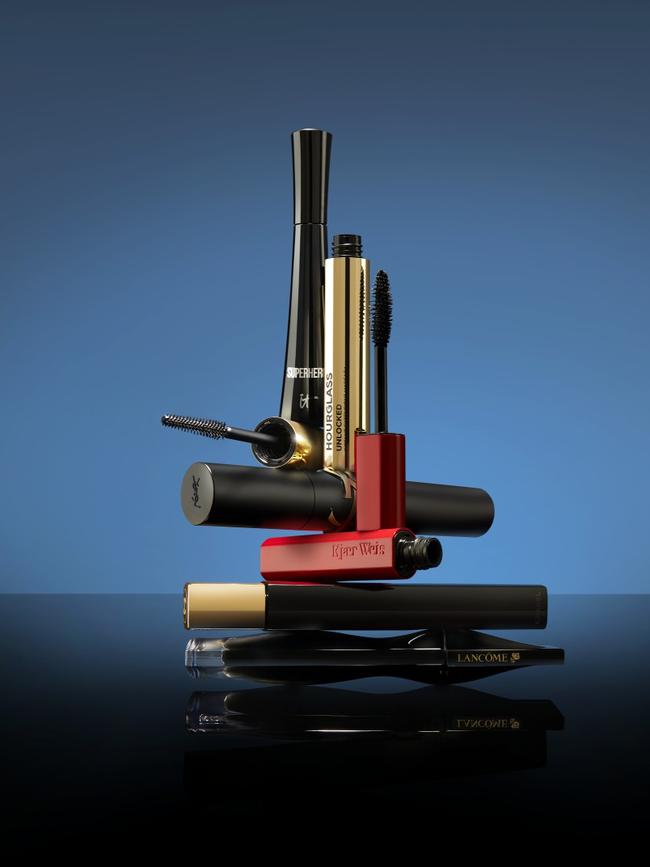
Popular products such as Charlotte Tilbury’s flawless filter, retails at Mecca for $70. The ‘dupe’ of the flawless filter contains a total of 18 of the 24 ingredients in the original product and is significantly cheaper. Elf’s ‘Halo Glow’ is a fraction of the price, coming in at $35 in Priceline stores while producing almost the exact same results.
Other popular products such as Drunk Elephant’s bronzing drops retail at Mecca for $60. Drunk Elephant bronzing drops, which are 30mls, have dupes that can be found almost anywhere, with the most similar being MCoBeauty’s ‘Super glow bronzing’, retailing at Woolworths for just $32.
Priceline also has a dupe of Glo Recipes $79 dew drops. The beauty brand Essence has a serum primer called ‘hello good stuff! Pore serum’ which is promoted on TikTok as the cheaper replica of the original product. Essence’s serum retails at Priceline for $8.
A commenter on one of glo recipes pinned TikToks commented saying “$40? (USD) I think I’m gonna get Cerave it’s way better and cheaper”.
On TikTok alone there are currently 25.8 billion views of the hashtag #getreadywithme, 252 billion views of the hashtag #beauty and 560 billion views of the hashtag #makeup.
In 2021, approximately $11 billion was spent on advertising by the beauty industry alone. In 2022, the beauty industry revenue was approximately $637 billion.
It’s safe to say that the beauty industry is effectively advertising to reach their intended audiences and influencers are just one way of achieving that.


